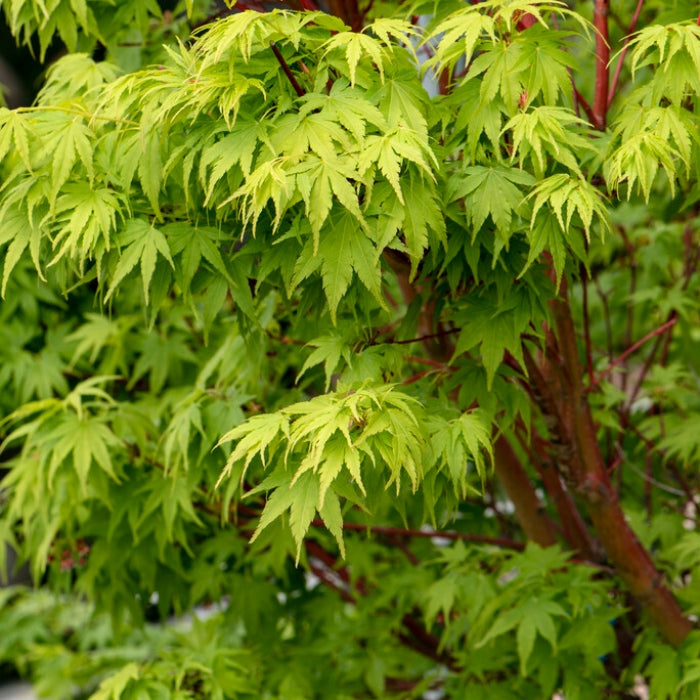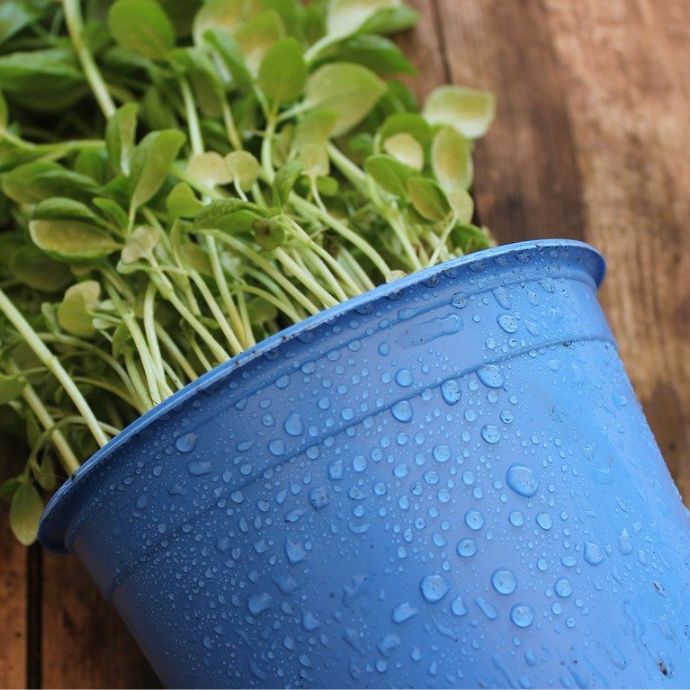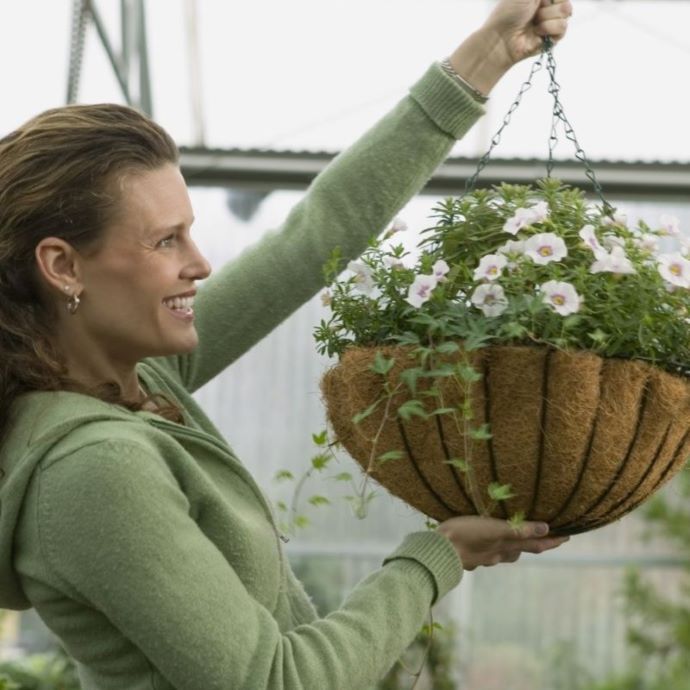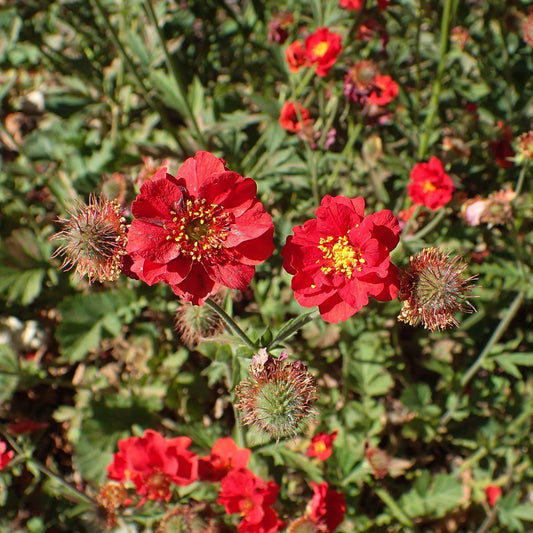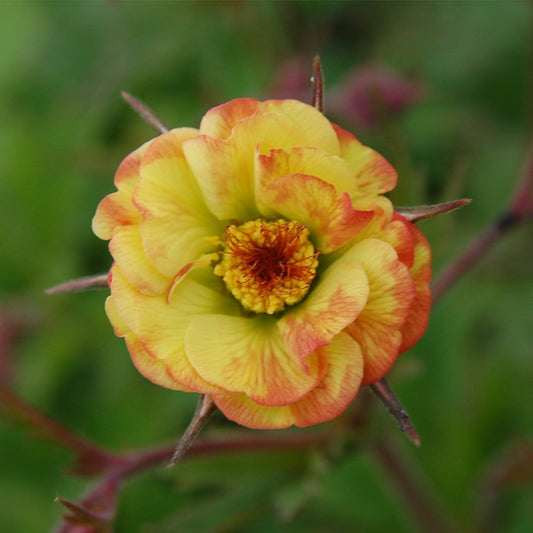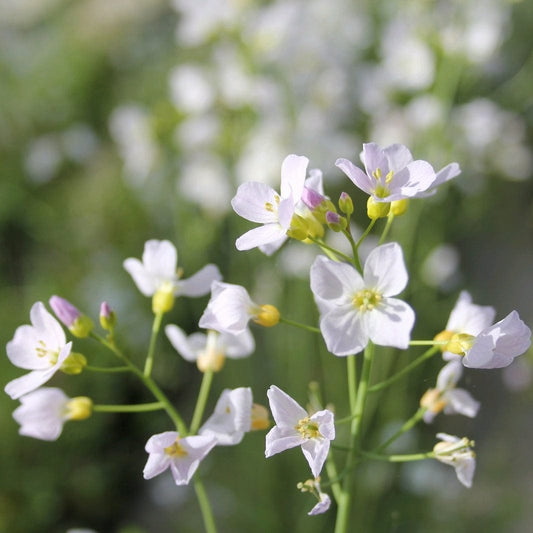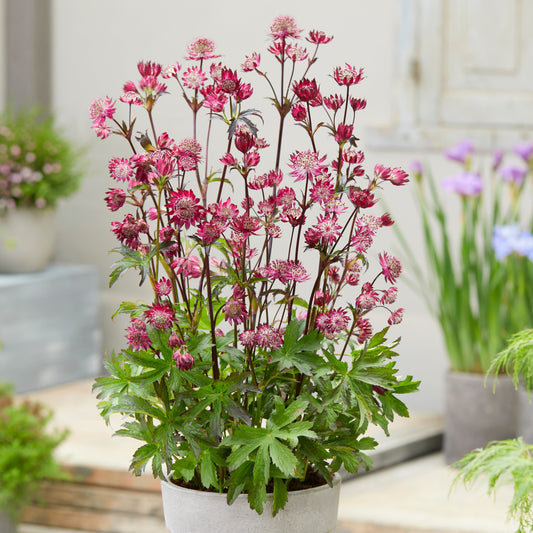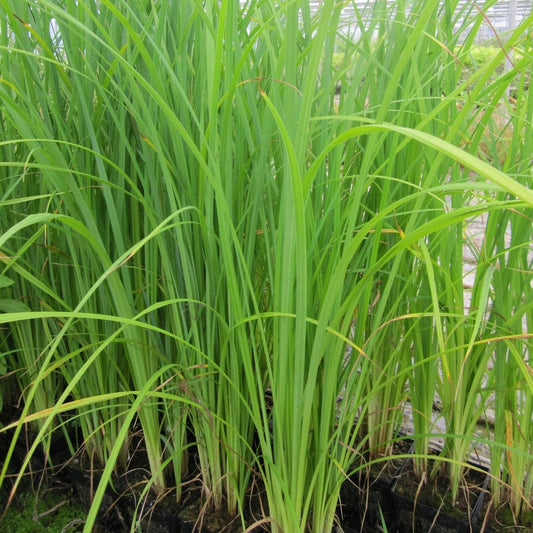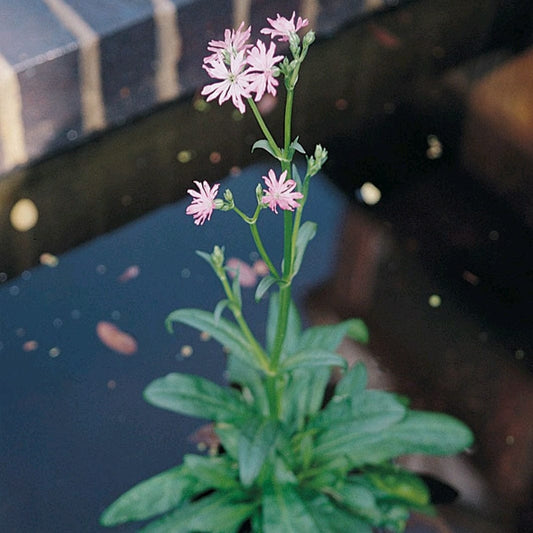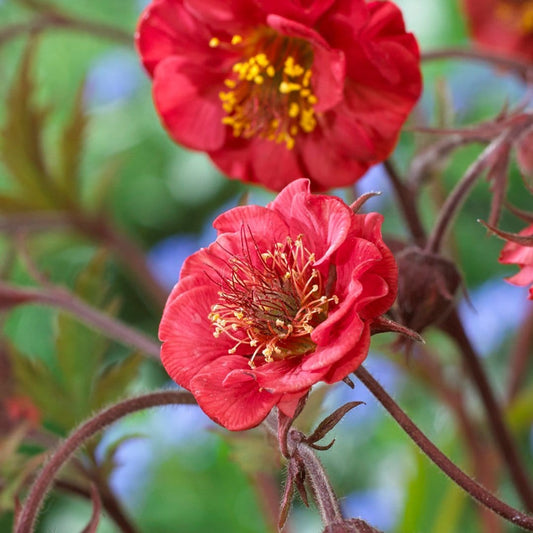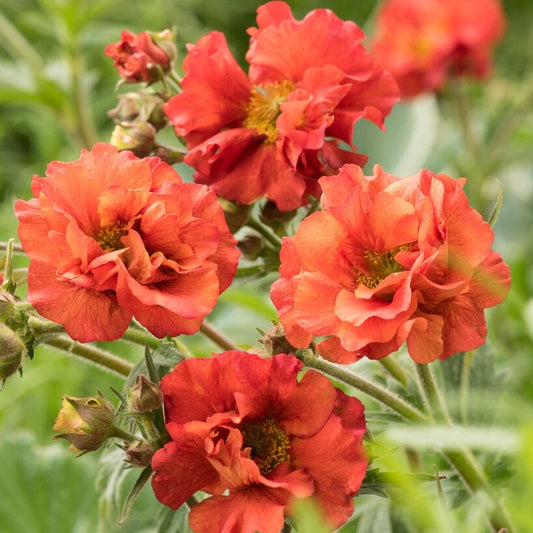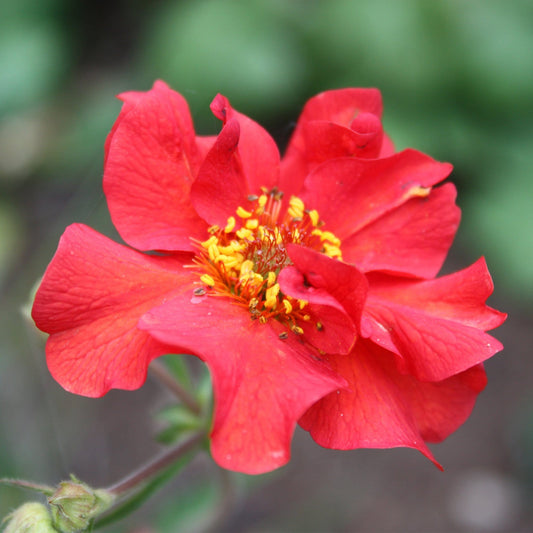5 Sustainable Gardening Tips For 2022
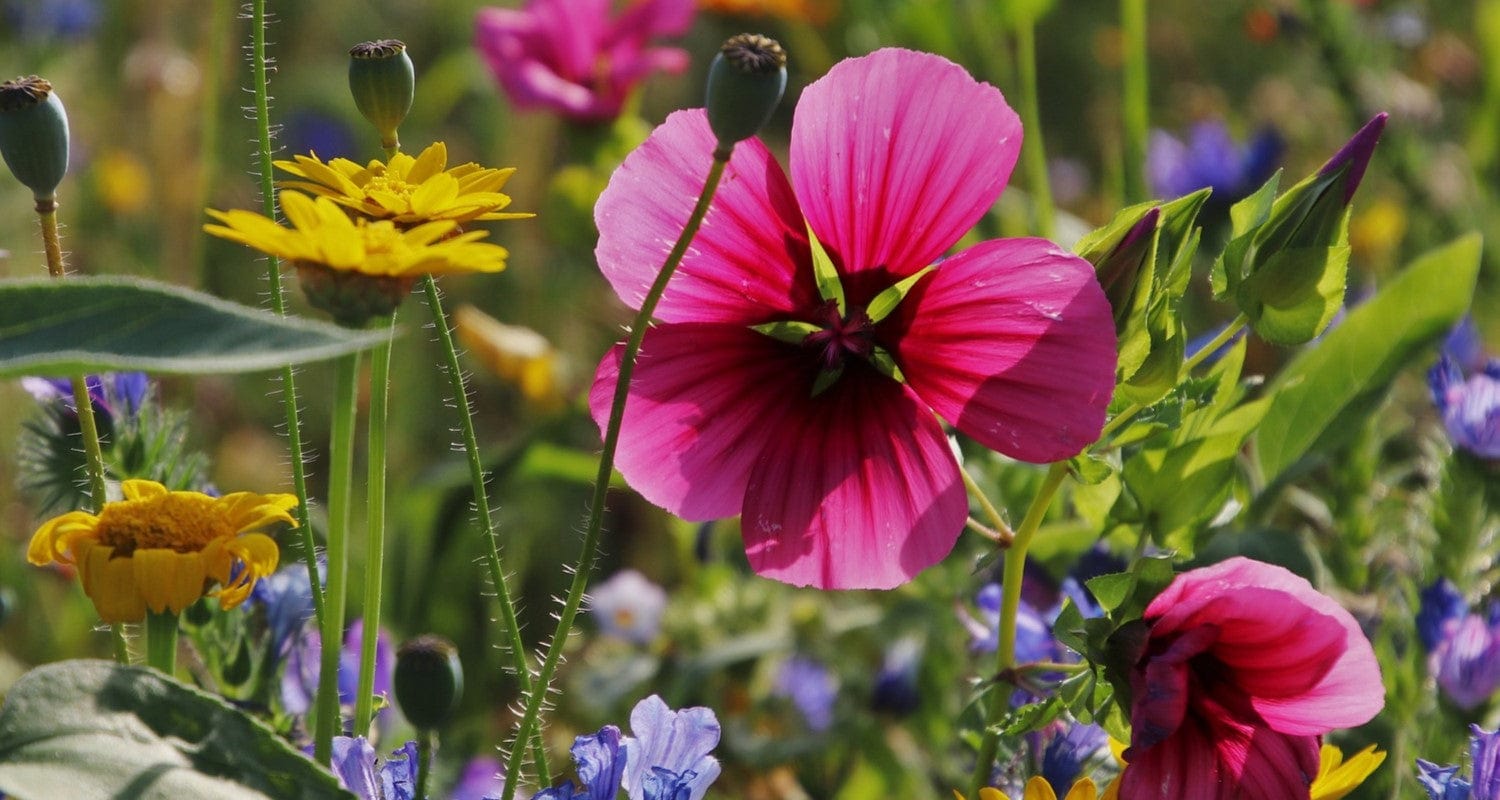
As gardeners, we all do our best to make our gardens environmentally friendly - upcycling planters, using peat free compost, growing our own fruit and veg - and if you’re like us, you’ll be keen to find new ways to reduce your carbon footprint.
We’re all increasingly aware of the effects of climate change on our planet so here are 5 tips for maximising sustainability in our gardens as we head into 2022.

1. Start collecting your rain water
Installing a water butt in your garden and collecting rain water is a great way to reduce the water consumption of your garden. Diverting rain water into rain butts can save up to 24,000 litres of water per house, per year.
Plants grow better with rainwater - it’s softer, contains fewer chemicals and has a pH level that most plants prefer. Also if you’ve got a water meter, it will save you money!
For more examples and ideas on saving water in your garden check out our article on How Can I Conserve Water.

2. Plant a native tree
Native trees like Oak, Birch and Rowan make for wonderful ornamental additions to your garden. Rowan trees in particular are perfect for smaller spaces! Choosing a native tree is great news for the environment. UK tree species support up to 20 times more insect species than exotic varieties, as well as providing food and shelter for birds and small mammals. Discover our curated collection of Native Trees.

3. Grow plants that pollinators love
Planting a variety of bee & butterfly friendly plants benefits the whole ecosystem - especially us humans because we rely on them to pollinate our food crops!
TOP TIP
Perennials tend to produce the best nectar and pollen.
For more advice on encouraging bees, butterflies and other beneficial insects in to your garden, check out this article.

4. Make your own compost
Making your own compost not only saves you money, it keeps food and paper waste out of landfill, delivery vans off the road and nourishes your crops with all the nutrients they need. Not bad for a load of old banana skins and egg boxes. Learn how to make the best compost for you polants with our easy to follow guide: How To Make Your Own Compost

5. Kill the chemicals, not the bees
It’s heartbreaking to see bees, butterflies and even hedgehogs killed by insecticides or weedkiller, and there’s just no need. Regular weeding, companion planting, natural pest deterrents and encouraging predators are all kinder and more effective ways of increasing your yields while working with the natural ecosystem of your garden. Find out how in our guides to Companion Planting, Weeding and Natural Pest Control.
Last updated: 13/11/2023
